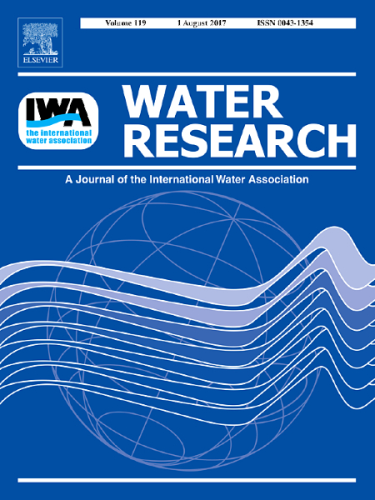
Abstract
The widespread adoption of submerged hollow fibre ultrafiltration (UF) for drinking water treatment is currently hindered by the complexity and cost of these membrane systems, especially in small/remote communities. Most of the complexity is associated with auxiliary fouling control measures, which include backwashing, air sparging and chemical cleaning.
Recent studies have demonstrated that sustained operation without fouling control measures is possible, but little is known regarding the conditions under which extended operation can be sustained with minimal to no fouling control measures. The present study investigated the contribution of different auxiliary fouling control measures to the permeability that can be sustained, with the intent of minimizing the mechanical and operational complexity of submerged hollow fiber UF membrane systems while maximizing their throughput capacity.
Sustained conditions could be achieved without backwashing, air sparging or chemical cleaning (i.e. passive operation), indicating that these fouling control measures can be eliminated, substantially simplifying the mechanical and operational complexity of submerged hollow fiber UF systems. The adoption of hydrostatic pressure (i.e. gravity) to provide the driving force for permeation further reduced the system complexity. Approximately 50% of the organic material in the raw water was removed during treatment.
The sustained passive operation and effective removal of organic material was likely due to the microbial community that established itself on the membrane surface. The permeability that could be sustained was however only approximately 20% of that which can be maintained with fouling control measures. Retaining a small amount of air sparging (i.e. a few minutes daily) and incorporating a daily 1-h relaxation (i.e. permeate flux interruption) period prior to sparging more than doubled the permeability that could be sustained. Neither the approach used to interrupt the permeate flux nor that developed to draw air into the system for sparging using gravity add substantial mechanical or operational complexity to the system.
The high throughput capacity that can be sustained by eliminating all but a couple of simple fouling control measures make passive membrane systems ideally suited to provide high quality water especially where access to financial resources, technical expertise and/or electrical power is limited.





